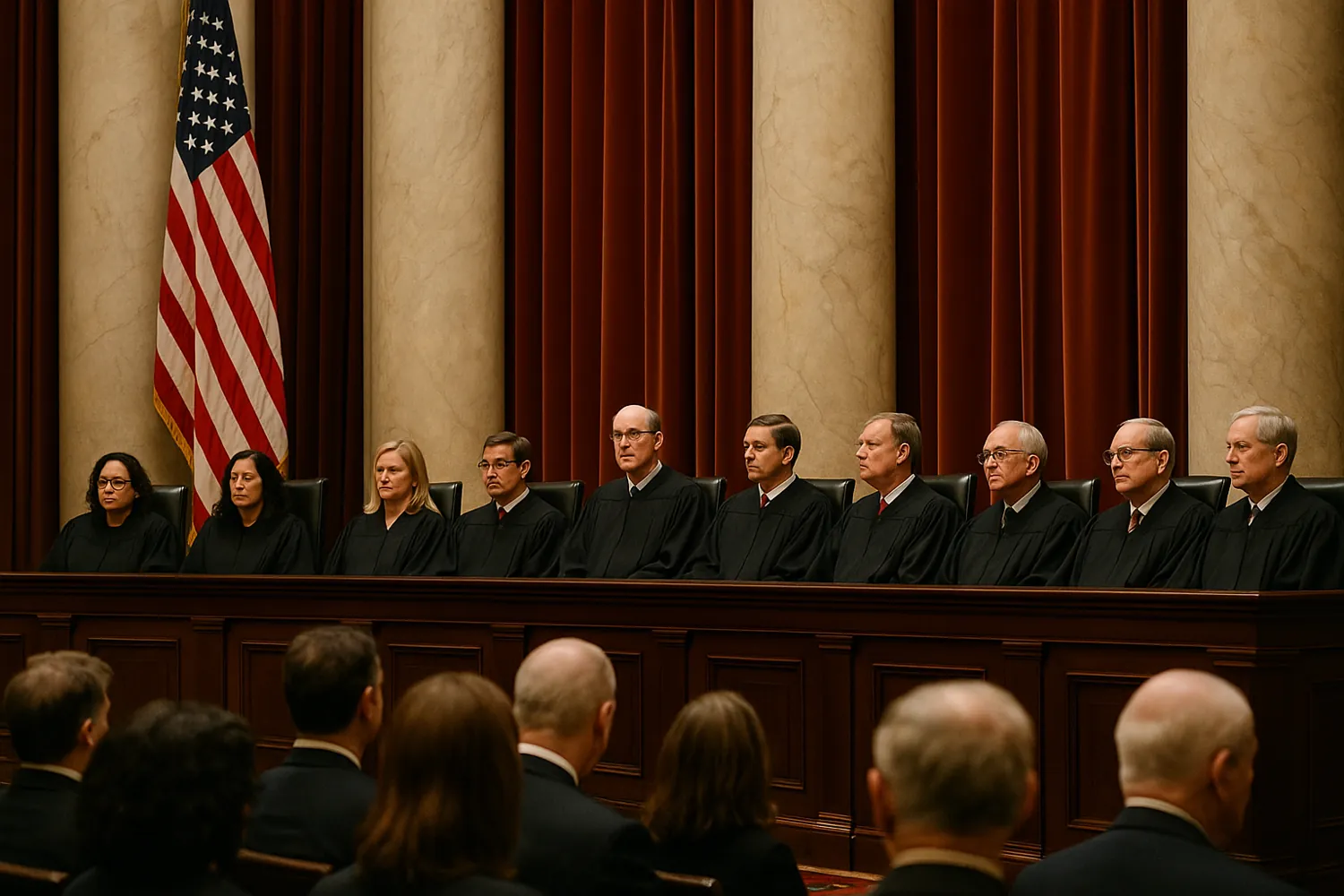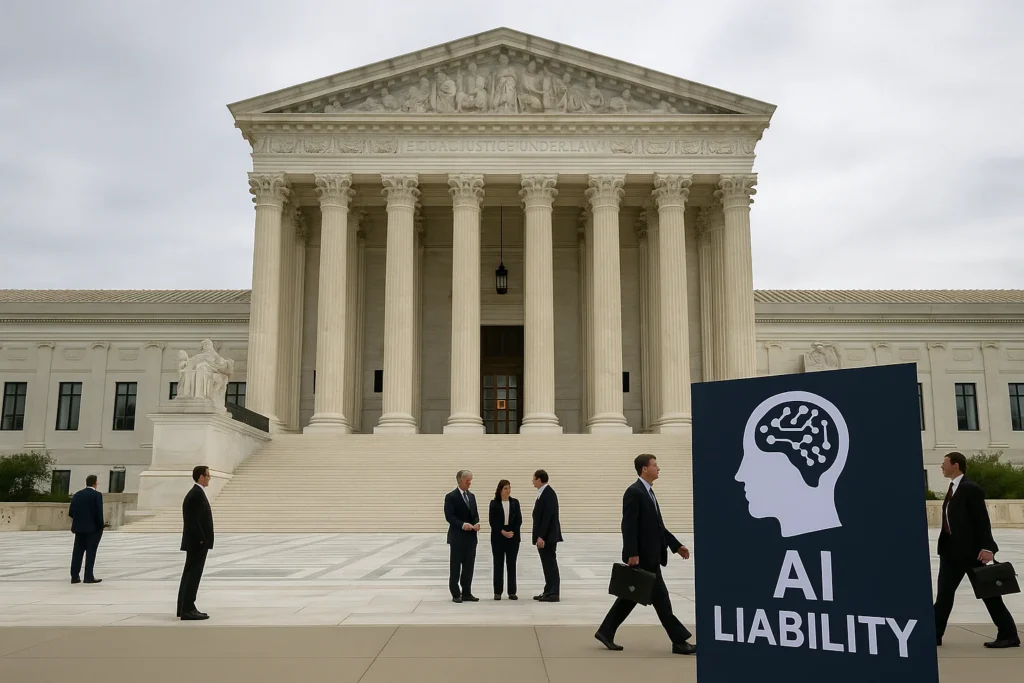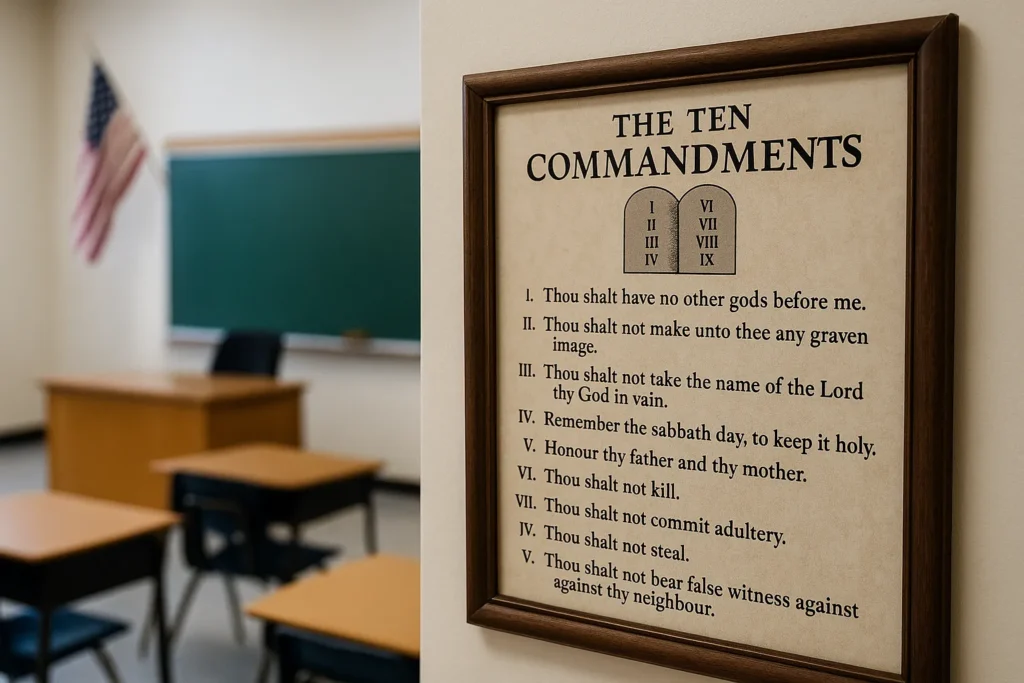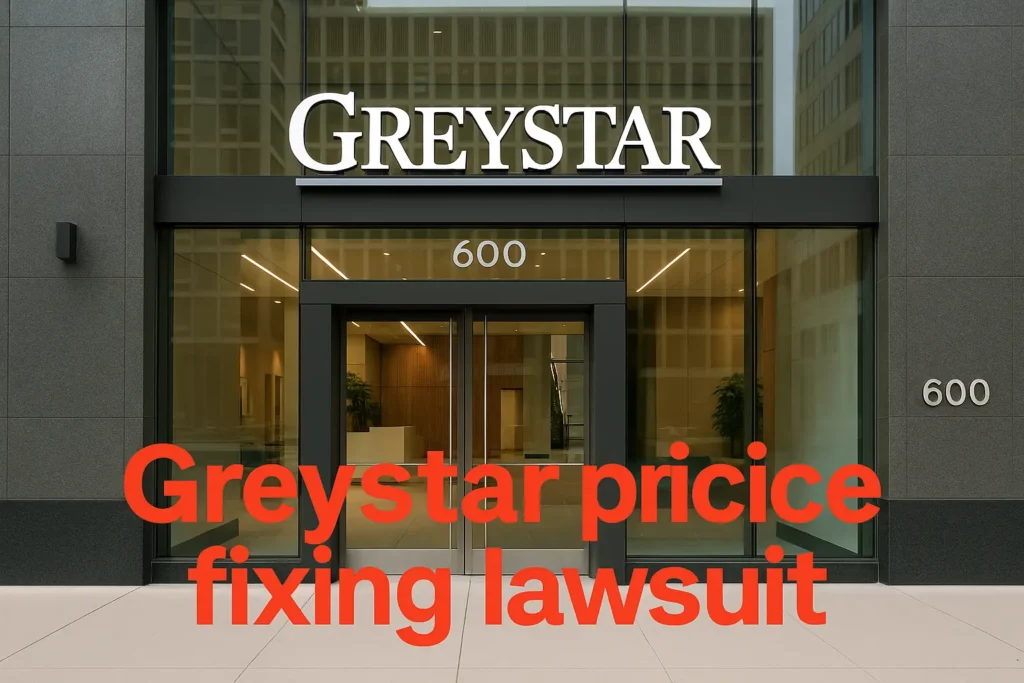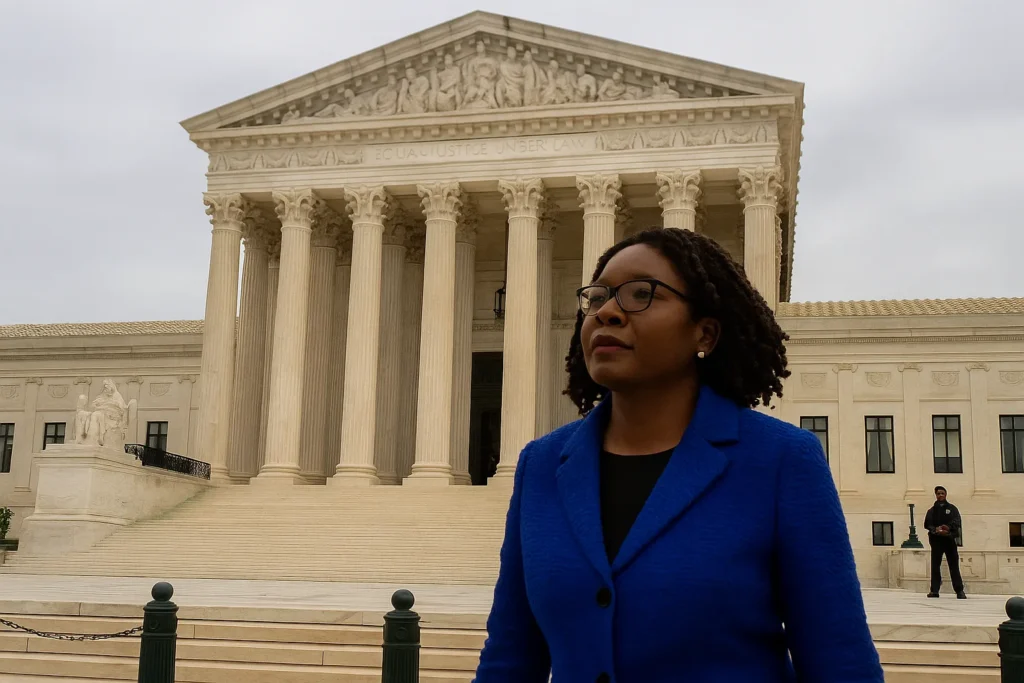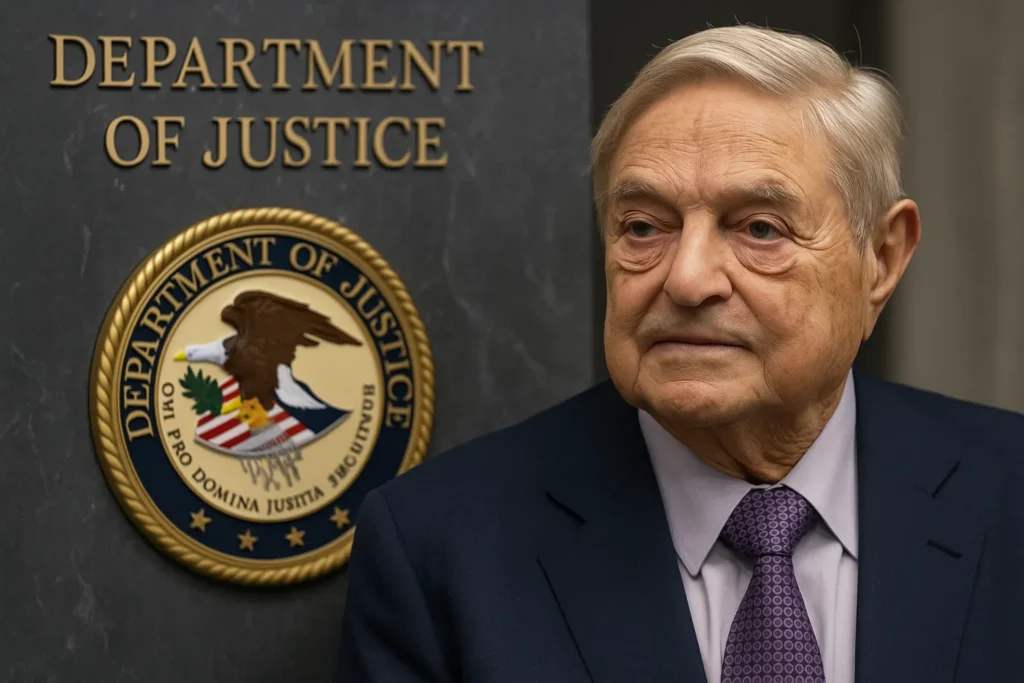The Supreme Court social media laws case may become the most consequential free speech battle of the digital age. On the surface, it is about whether Texas and Florida can stop platforms from moderating content. But beneath, it is about whether America will hand government the keys to the digital square. This is not a technical debate—it is the question of who decides what we see, what we read, and ultimately, what democracy means in the algorithmic century.
Context: the state challenges Silicon Valley
The laws in question emerged after years of conservative anger at tech giants. Texas passed HB20 in 2021, barring platforms with over 50 million users from removing content based on political viewpoint. Florida’s SB7072 followed a similar path, targeting what Republican leaders called “anti-conservative bias.”
Courts could not agree. The Fifth Circuit upheld Texas’s law, declaring platforms were not publishers but “common carriers.” The Eleventh Circuit struck down most of Florida’s law, calling it unconstitutional. With conflicting rulings, the Supreme Court had no choice but to intervene.
The mainstream narrative is framed as a struggle for fairness. Politicians claim Silicon Valley silences voices it dislikes. Yet these same politicians have no problem pressuring platforms to carry propaganda, hate speech, and conspiracy theories. What they call “protection of free speech” is, in fact, state power dressed as liberty.
Oppositional Argument: freedom weaponized as coercion
The case is wrapped in rhetoric of liberty, but the reality is compulsion. Forcing platforms to host any speech, no matter how toxic, is not freedom—it is forced publication. Imagine ordering The New York Times to run political ads from extremist groups. That is not liberty; that is tyranny of the state over private editors.
The hypocrisy is staggering. Conservatives spent decades preaching against state interference in markets. Now they embrace it when it serves their agenda. What Texas and Florida propose is not a marketplace of ideas but a state-controlled dumping ground of lies, hate, and violence.
Analytical Breakdown: the ripple effects
If the Supreme Court upholds these laws, the digital ecosystem will unravel.
- Liability vacuum: Platforms will hesitate to remove dangerous content, fearing lawsuits. Hate groups, terrorists, and scammers will exploit this vacuum.
- Economic collapse: Advertisers will not associate with toxic environments. Smaller platforms will be unable to afford compliance, giving rise to chaos.
- International precedent: If the U.S. accepts state interference, authoritarian regimes will point to it as validation of their own censorship laws.
History warns us. The Fairness Doctrine in U.S. broadcasting ended with stagnation. In Russia, “neutrality” laws turned social media into state propaganda tools. The danger is not imaginary; it is documented.
Human Perspective: users, workers, and victims
Ordinary users will feel the fallout first.
Parents already worry about their children consuming extremist content. Veterans face targeted scams. Journalists are doxxed and harassed daily. If platforms cannot moderate, these abuses will multiply.
The human toll is also hidden in the moderation trenches. Tech workers tasked with reviewing violent and abusive content suffer PTSD. If courts strip their authority to act, they will be forced to let horrors flow unchecked into public feeds.
One insider at a major platform confessed: “We’d be forced to keep neo-Nazi recruitment videos online. That’s not free speech—it’s state-mandated violence.”
Counterarguments
Supporters claim these laws ensure fairness by curbing Silicon Valley bias. But fairness cannot mean giving violent extremism a megaphone. They invoke the First Amendment, but that principle restrains government, not private actors. The state cannot compel a company to publish speech any more than it can force a citizen to speak.
Another argument is that “users should decide.” Yet platforms without moderation quickly devolve into cesspools—just look at failed networks like Parler. Users flee when abuse is unchecked. In practice, “no moderation” means no users, no advertisers, no democracy.
Conclusion: a ruling that defines democracy
The Supreme Court’s decision will set the rules for the digital century. It can either defend the right of private platforms to curate speech—or surrender that right to politicians eager to weaponize algorithms.
If the Court sides with Texas and Florida, it will not expand freedom. It will replace corporate censorship, flawed but flexible, with government censorship—rigid, political, and permanent. America must ask itself: who should decide what we read—engineers in Silicon Valley, or governors with partisan agendas?
The answer will echo for generations. Digital democracy may survive this ruling, or it may be suffocated by the very state that claims to protect it.
External Links
125 views
